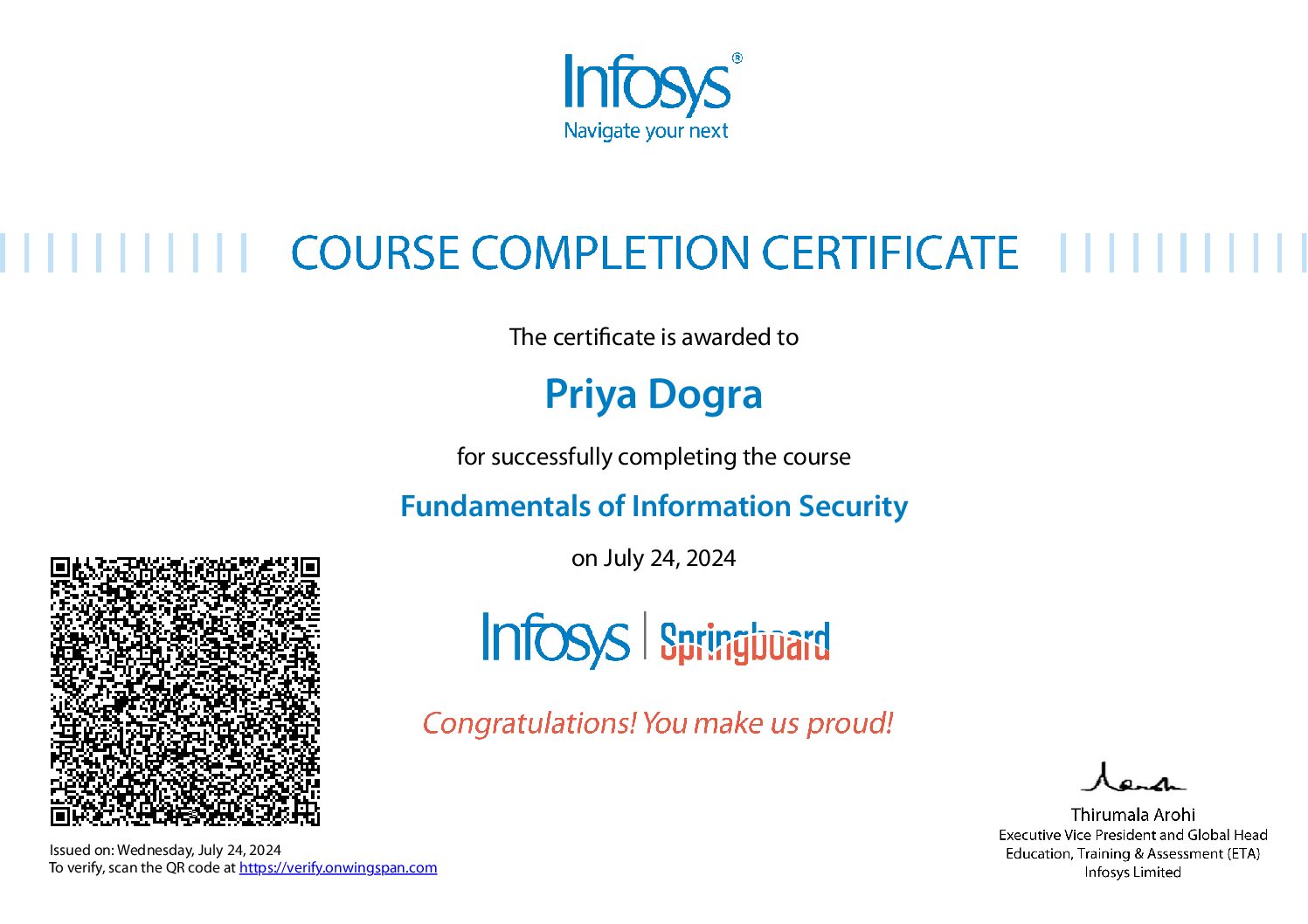International Financial Technology, commonly known as Fintech, refers to the application of technology in the financial services industry to enhance and streamline various financial activities. Fintech companies leverage technological innovations to develop new financial products, services, and platforms, transforming traditional banking and finance practices.
Fintech encompasses a wide range of technologies and services, including:
- Mobile Payments: Fintech enables secure and convenient mobile payment solutions, such as digital wallets, peer-to-peer (P2P) payment apps, and contactless payment systems.
- Online Lending and Crowdfunding: Fintech platforms facilitate online lending, connecting borrowers with lenders directly. Crowdfunding platforms allow individuals to raise funds for projects or ventures from a large number of people.
- Robo-Advisors: Fintech-based robo-advisors provide automated investment advisory services, offering algorithm-driven portfolio management, financial planning, and investment recommendations.
- Blockchain and Cryptocurrencies: Fintech has been instrumental in the development and adoption of blockchain technology, which offers secure and transparent transactions. Cryptocurrencies, such as Bitcoin and Ethereum, are digital assets enabled by blockchain technology.
- Insurtech: Fintech has also extended its reach to the insurance industry, with insurtech companies leveraging technology to enhance underwriting, claims processing, and customer experience.
- Regtech: Regulatory technology, or regtech, employs innovative solutions to assist financial institutions in meeting regulatory compliance requirements more efficiently and effectively.
- Open Banking: Fintech promotes open banking, a concept that enables secure data sharing between banks and third-party providers through APIs (Application Programming Interfaces). This facilitates the development of new financial services and fosters innovation.
- Artificial Intelligence (AI) and Machine Learning (ML): Fintech leverages AI and ML algorithms to automate tasks, improve fraud detection, enhance credit scoring, and provide personalized customer experiences.
- Financial Inclusion: Fintech has the potential to extend financial services to underserved populations who have limited access to traditional banking services, thereby promoting financial inclusion.
Fintech has gained significant momentum globally, attracting investments and disrupting traditional financial institutions. It offers opportunities for cost reduction, efficiency improvements, and enhanced customer experiences in the financial sector.
Certificate: Get International Financial Technology (Fintech) Certificate from The Digital Adda which you can share in the Certifications section of your LinkedIn profile, on printed resumes, CVs, or other documents.
Exam Details:
- Format: Multiple Choice Question
- Questions: 10
- Passing Score: 8/10 or 80%
- Language: English
Here are the Questions and Answers:
Question 1: _ refers to software, mobile applications and other technologies developed to enhance and automate conventional forms of finance for corporations and individuals.
- EdTech
- FinTech
- MedTech
- BioTech
Question 2: Which year did fintech start?
- 1970
- 2020
- 1991
- 1967
Question 3: What is the concept of open banking?
- A system where a group of banks are brought under the control of a holding company.
- A virtual wallet that stores information from a credit card, a debit card, coupons, and loyalty cards on a mobile device.
- A service provided by a financial institution that allows its customers to conduct financial transactions using a mobile device.
- A system that provides third-party access to financial data through application programming interfaces (APIs) to develop new apps and services.
Question 4: Outline the impact of FinTech services. Choose three answers.
- Providing better mortgage rates
- Reaching to unbanked people
- Improved access to capital for small business
- Availability of payment options
Question 5: Unexpected market events represent an operational risk just by being unpredictable.
- True
- False
Question 6: What is the European Union law on data protection and privacy?
- HIPPA
- GDPR
- PCI-DSS
- PSD2
Question 7: What type of approach is used by Fintech to gain a competitive edge?
- Risk management
- Governance First
- Data First
- Personal connection
Question 8: Which of the following is the use of a network of distant servers accessed for IT services over the internet?
- Financial technology
- Cloud computing
- Blockchain
- Open banking
Question 9: A successful Fintech invention depends on having many people working for long hours.
- True
- False
Question 10: Indicate an example of FinTech startups.
- Stripe
- Shazam
 Priya Dogra – Certification | Jobs | Internships
Priya Dogra – Certification | Jobs | Internships



